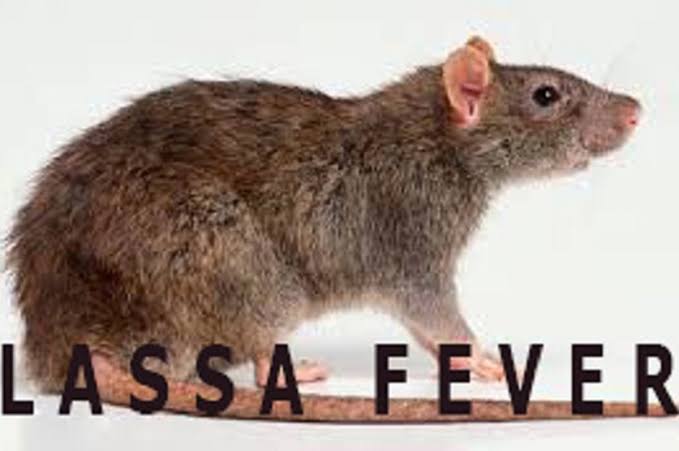Dr Clement Peter, the Officer-in-Charge of World Health Organisation (WHO) in Nigeria,
has emphasised the need for public awareness and good hygiene to prevent the spread of Lassa fever in the country.
SEE ALSO: Adesola Adeduntan, CEO, Firstbank – How to do Well by Doing Good
Peter told News Agency of Nigeria (NAN) in Abuja that information was fundamental for people to be aware of what they should do to prevent the
fever.
He said “people need to know what Lassa fever is. People need to know how to protect themselves. A lot of these can be done through awareness.
“It is a pattern; in other countries that we have seen, rats tend to produce more when food is available, when food is not covered or stored very well. They feed on it and multiply.
“Also, when houses are not clean, it provides opportunity to interact with rats and the population; other thing is the hygiene aspect of it; sometimes food is not covered properly.
“So, let people know about it,’’ he said.
The officer commended the Federal Government for building the capacity of health workers to prevent the spread of the fever.
He said that from the international health score capacity that the country assessed in November 2019, the country recorded some progress in capacity building.
The official added that WHO had been working with Nigeria Centre for Disease Control (NCDC) to activate emergency operation centres.
He noted that “we have been supporting NCDC to activate emergency operation centres in Abuja and affected states, and coordinating responses to curb spread of the fever.
“We are strengthening surveillance, the contact tracing and the laboratory component. Already, government is stronger with the stuff they have.
“We are just to give guidelines and minimum capacity in terms of training for those states that are aware of what the disease is.
“We are supporting NCDC to have such team, we are trying to mobilise resources because government has gotten Action Plan respond to Lassa fever.
“The good thing is that Nigeria has the laboratories, the reagents are there; the medicines are there, we have centres for Lassa fever.
“We are trying to advance the area of research, Nigeria hosted a big conference in terms of Lassa fever in 2019, the first-ever global conference and the international community rallied
round Nigeria,’’ he said.
Peter said it was one drug that was presently used for the treatment of Lassa fever in the country, saying “how long do we continue with it? is it
the best drug?.
“We are thinking in the next five year, will there be rapid diagnostic test that people can do and get result immediately and also availability of medicine?”, he asked.
According to him, Lassa fever is endemic in Nigeria.
The WHO officer said that majority of the cases of Lassa fever were from Ebonyi, Ondo, Edo.
As at March 8, 2020, the epidemic, which escalated right from the second week of the year, had by the end of the ninth week seen 774 cases and
132 deaths, spread across 26 states and the Federal Capital Territory.

